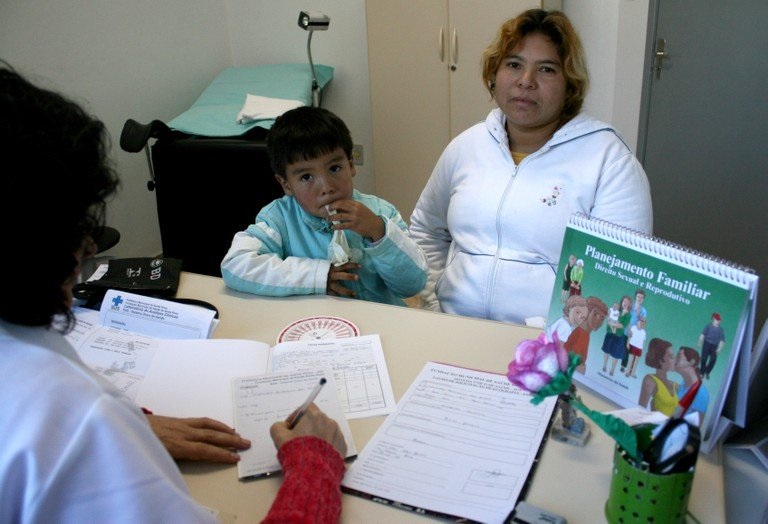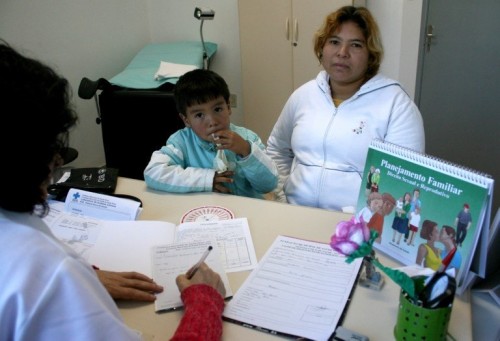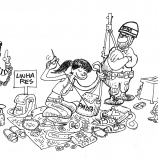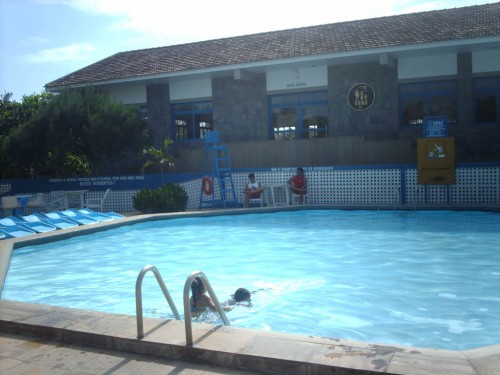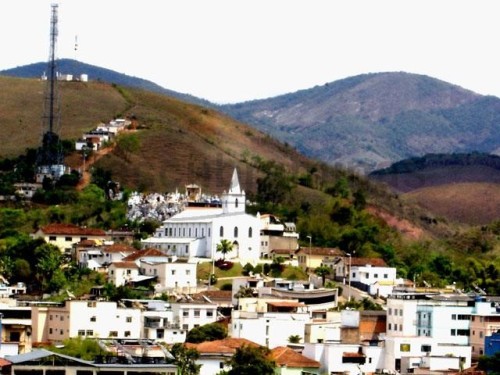At a moment when the floodgates for the election process and political debates of 2014 are being opened, Brazilian society clamors for the creation of new politics and an effective and responsible commitment with the country’s development, summarized by the newly popular slogan “We want more because we can do more!” We must transcend the bias, crystalized overtime, that Bolsa Familia, Brazil’s family welfare system, is untouchable and that anyone who criticizes the program is shouting out against the conservative powers and the “right wings.”
Welfare policies in Brazil, in Latin America and all over the world for that matter, are founded in much more than mere bias, but a rudimentary context of social dominance and an atavistic commitment to upholding reciprocative and perpetual poverty. In general, welfare programs—and here I mean to focus on Bolsa Familia—have not presented management mechanisms articulated toward the work world or sustainable development.
First of all, it is necessary to contextualize the Bolsa Familia program in a historical perspective, within Brazil’s socio-political ambit of recent decades. The program, which earned the shape and size of a universal social welfare policy, did not begin with the PT government. Its history, whose first stakes were laid in Campinas in the 1980’s under the city administration of José Roberto Magalhães of the PSDB political party, was initially a public policy. Its major legislative milestone was established in 1992, with the Programa de Renda Mínima (Minimum Income Program) passed by Senator Eduardo Suplicy. During Itamar Franco’s presidency, under the agenda of CONSEA, the National Food Security Council, the time was ripe for debate and introducing the “basic income guarantee” system as a privileged strategy in the fight against hunger and poverty.
These proposals intensified after the passing of the Lei Orgânica da Assistência Social, LOAS (Organic Law of Social Assistance), in December of 1993, and contributed decisively to the design and articulation of activists in government and society responsible for the creation and implantation of PETI (Child Labor Eradication Program) early on in 1995 at the beginning of the Fernando Henrique administration. Subsequently other policies in the social sector were complemented with income transfer programs such as Bolsa Escola (School Scholarship Program) and Bolsa Alimentação (Food Stipend Program). At the state level, pioneering for these programs fell into the hands of Governor Buarque, who transformed PT/Distrito Federal’s Bolsa Escola into a privileged strategy for improving school performance.
Undoubtedly, the unification, the greater presence and coordination of the federal government, the single registry concept, and the program’s enormous impact, which currently benefits 1 in 4 Brazilians, or nearly 50 million people, all sets it apart from other income transfer programs from previous governments.
The dimensions and characteristics that the Programa Bolsa Família gained under the Lula administration and which has been consolidated along the Dilma administration, call for careful analysis and a discerned overview, primarily at its political and economic significance beyond social implications, both positively and negatively. Today, the Bolsa Familia Program is much more of a political and economic strategy, following a model of consumerism and low performance levels on the brink of exhaustion, than a compensatory strategy for population sectors in extreme poverty and vulnerability.
It is known that the growing homeless population is not benefiting from the program, frequently due to the difficulty of access to bureaucratic mechanisms. Some beneficiaries, precisely those most in need of psychosocial support, are turned away for not fitting into eligibility criteria, and not registering any counterclaims. This reality implores for urgent responses to be given from directives and responsible organs of the federal government.
The Bolsa Familia program no doubt has been able to lift millions of people out of poverty and even more severe exclusion. It may have a humanitarian spirit and it may have a significant impact for a consumerism-favoring policy which stimulates the internal market, as far as people’s basic necessities go, but has been incapable to overcome poverty and be a driving force for development.
In other words, the Bolsa Familia program was a good strategy for a development model based on consumption, but proved to be unsustainable and inhibits a perspective of sustainability as well as necessarily increased inputs for economic growth. For these reasons, we advocate the reinforcement of this program, preserving its logical transfer of non-contributory income established in the Organic Law of Social Assistance (Itamar Franco Administration, December/1993). We defend the program as an inducer for sustainable development, prioritizing groups whose vulnerability and specific needs have put them on the brinks of social protection.
Rethinking the Bolsa Familia program imposes a paradigm shift and change in our management mechanisms: rather than remove people from the program after they have improved their standard of living, entered the formal job market, improved their educational level or are inserted into a productive entrepreneurial activity, the program should continue to benefit these individuals as well as encourage and reward their efforts and achievements on a long term basis, even in the form of an annuity.
The Bolsa Família program should be, first of all, a comprehensive economic policy which provides security, encourages work activities and improves life quality, and not a compensatory, unstable social policy subject to criteria often arbitrary and contrary to individual willingness. Bolsa Familia should be a major stimulus for entering the job market and not a deterrent due to the fear of losing the benefit or out of accommodation for those who before had nothing and now have very little.
The logic and mechanisms that the program implies lead some individuals to accommodation, to become content with meagerness and not desire a new standard of living which effectively salvages the true human potential for productivity, human rights and access to the benefits of civilization. In this new paradigm, Bolsa Família would stop being a program of social expenditure and actually constitute a national investment. Only then can Brazil announce a new model of social assistance for sustainable development capable of internationally inspiring similar movements of productive inclusion and the empowerment of citizenship.
Related Articles


